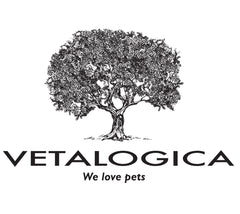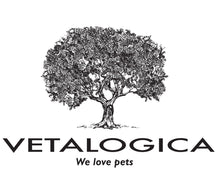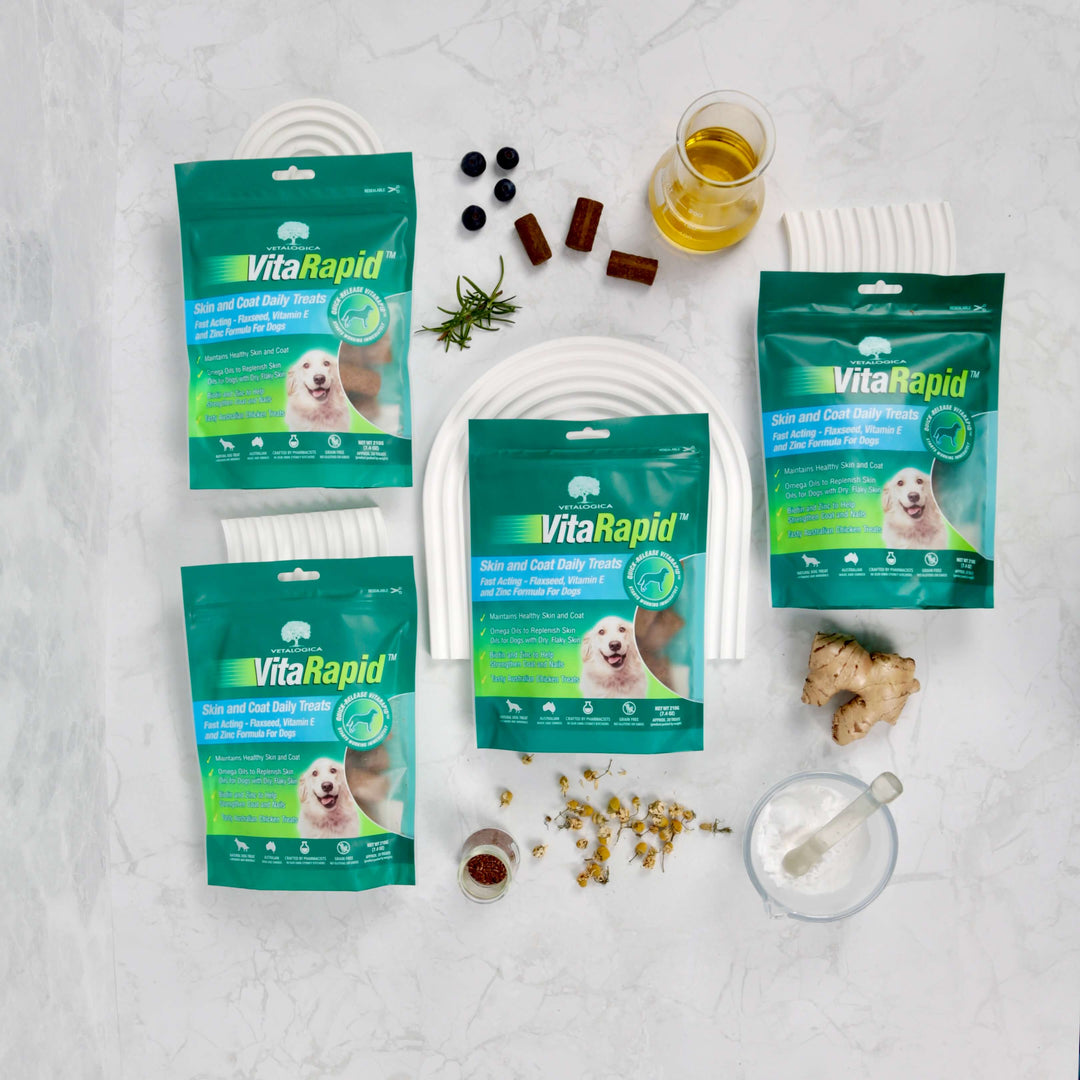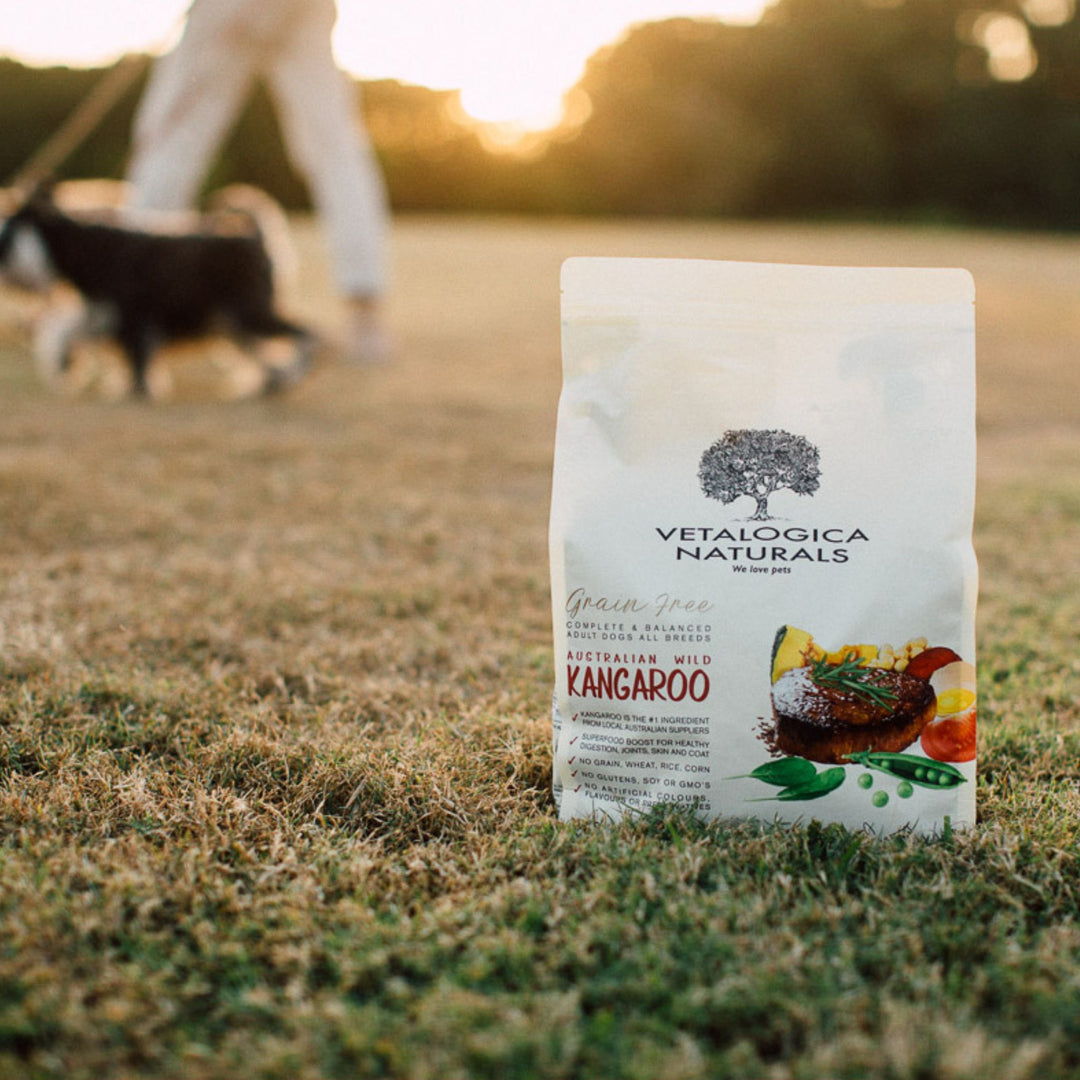Why is Non-GMO Pet Food Important?
GMOs (genetically modified organisms) are living organisms exposed to genetic editing. You might be surprised to learn that a lot of the food you buy for yourself and your pet contains them.
Given how much their use and consumption have increased recently, this is a contentious matter. Pet owners are not the only ones who are concerned about potential consequences on their pets' health and nutrition. Other issues include those involving the environment and alleged ownership of GMOs. Understanding the processes used to create, develop, and sell genetically modified organisms gives pet owners a clearer understanding of what ingredients do and do not end up in their pet's diet.
How Are GMOs Made?
In order to introduce or improve a certain genetic characteristic, DNA from one species is transferred into another, creating an organism that does not exist in nature. In order to grow a product or increase sales, scientists first choose a feature, isolate it, add it to the target organism, and then grow the resulting product.
Modern technology now makes it possible to use cutting-edge techniques like genome editing of living things. This sets a genetically modified organism apart from other possible non-natural plants or animals. Instead of selective breeding or other supplemental methods, GMOs use genetic editing.
Why Modify an Organism Genetically?
Genetically modified organisms (GMOs) are created to increase the seller's profit through a range of genetic engineering techniques, such as insect repellent properties and herbicide resistance. They are currently found everywhere from our clothing to dry, fresh or canned food that we put in our pets' bowls.
The effects of GMOs
Long-term effects of GMOs may include changes to the environment and the state of the economy. With proper education and changes in pet food labelling standards, individuals will be free to draw their own ethical conclusions and take appropriate action as a result of heir use in products.
It should be acceptable for consumers to be worried about the possible effects of the creation and use of GMOs. They are, by definition, created by changing characteristics that naturally exist in plants and animals.
The consumption of food containing genetically modified substances may have negative effects on humans and animals due to the existence of novel allergies or modifications in gut flora. Genetically modified organisms have the potential to have negative effects on the economy, the environment, and human health.
Why Non-GMO Pet Foods Are Different?
Rather than ingredients that have been genetically altered in a lab, non-GMO dog food, whether it be dry, fresh or canned, contains ingredients that have evolved naturally. Fresh meats and other natural components can have a variety of advantageous effects, from better health outcomes for pets, enhancing environmental security to assisting local farmers and the agricultural industry.
The long-term health impacts of GMOs on people or animals are not well understood. Consumers looking to learn more about these goods that are included in their pet's food have limited access to objective, scientifically sound research. In order to avoid potential health hazards linked with GMOs, many pet parents are choosing to consume and provide a natural diet.
The majority of pet food manufacturers opt not to mention GMOs on the labels of their products. Pet owners who are worried about the wider effects of genetically modified organisms frequently need to speak with particular firms about the usage of GMOs in their dog food. A greater awareness of ingredients encourages pet owners to choose what they feed their pet in a more deliberate and informed manner.
Vetalogica is proud to have no GMO’s in any of its pet supplements, pet treats or pet foods. We believe the inclusion of natural ingredients which have been proven to provide nutrients over thousands of years, is a much better option for the health of our pets and planet.










Leave a comment